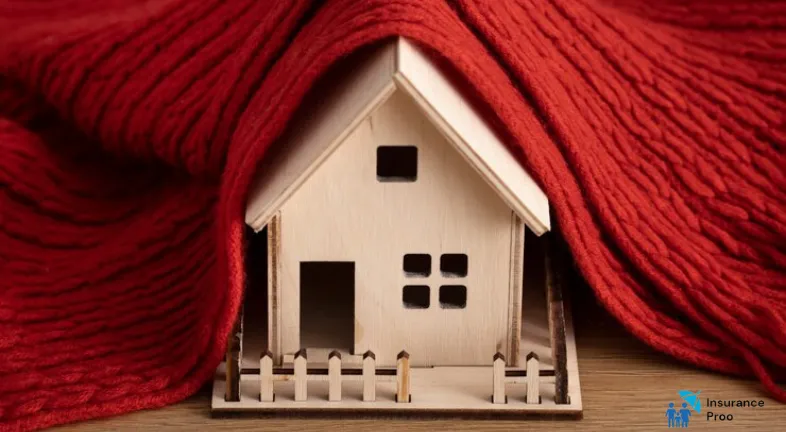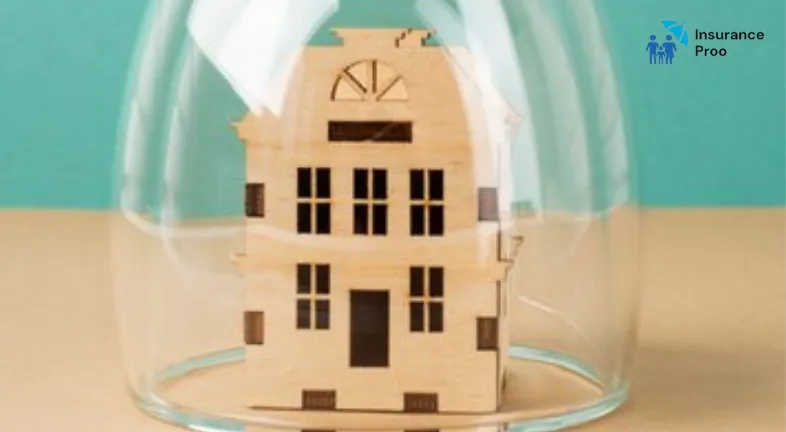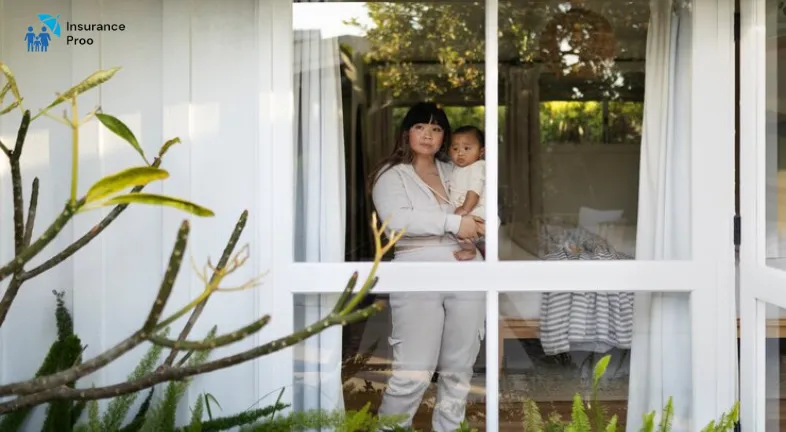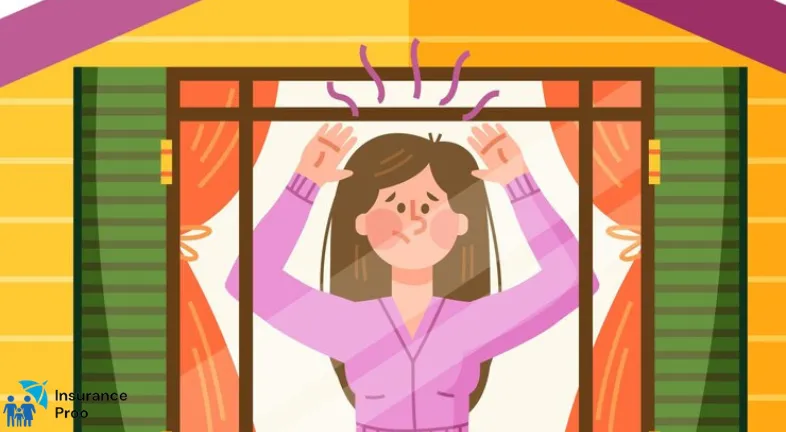ARE WINDOWS COVERED BY HOMEOWNERS INSURANCE?

Windows play a major role in both the comfort and security of our homes. However, what occurs if these reliable doors to the outer world are broken? Do you have to pay for the repairs out of pocket or does homeowners insurance step in to help? This guide examines homeowners insurance coverage for window damage and dives into the world of it.
Comprehending Home Insurance:
Dwelling coverage, or Coverage A, is the main insurance for the structure of your house, including the windows. Generally, this coverage covers losses brought on by hazards, which are particular events that are mentioned in your insurance. Typical dangers consist of:
Fire and lightning: Any harm to windows brought on by a fire or the course of subsequent firefighting operations would probably be covered under dwelling coverage.
Wind and hail: Windows can be broken by strong winds or hailstorms; in these cases, dwelling coverage usually applies.
Theft and vandalism: Dwelling coverage may be relevant if there is a break-in and windows are broken during the act, or if someone vandalises your windows.
The Details of Reportage:

Although housing coverage provides a safety net for a variety of window-related accidents, there are some details to take into account:
Unlike open peril policies, named peril plans only provide coverage for losses brought on by certain hazards that are included in the policy. All risks are covered by open peril insurance, with the exception of those that are expressly excluded.
Deductible: A predetermined sum that you must pay out-of-pocket in the event of a claim before your insurance coverage begins.
Wear and Tear: Normal wear and tear on windows, such as warped frames or slow seal breakdown, is usually not covered by dwelling coverage.
Maintenance Concerns: Your claim may be rejected if window damage is the result of improper maintenance.
Above and Beyond Standard Coverage
Certain window-related circumstances may qualify for supplementary coverage under homeowners insurance:
Extra Living Expenses: Some policies cover additional living expenses to aid with the costs of temporary housing if window damage renders your house uninhabitable while repairs are being made.
Scheduled Personal Property: To guarantee effective protection, high-value windows, such as stained glass or custom-made ones, may need supplementary coverage under scheduled personal property.
Recognizing Exclusions

Understanding the exclusions in your homeowners insurance policy is essential. These are instances or incidents that are specifically left out of the story. Typical exclusions for window damage consist of: Floods and earthquakes: Different insurance policies are frequently needed to cover these occurrences. Intentional Damage: Generally, damage that you actively create or that someone else purposefully does on your behalf is not covered.
conflict and Terrorism: Damage from acts of terrorism or conflict typically calls for specialized insurance.
The Case-by-Case Method of Determining Coverage:
In the end, the details of your policy and the precise cause of the damage will determine whether or not window damage is covered by your homes insurance. Here are a few examples of scenarios:
Scenario 1: A tree branch is blown through your window by a violent windstorm; this is probably covered by dwelling coverage.
Scenario 2: Your window breaks as a result of an inadvertent basketball smash. This is not covered by regular dwelling coverage.
Scenario 3: As a result of failing seals, your windows eventually suffer condensation problems. This is not covered by dwelling coverage because it is deemed wear and tear.
Moving Forward:

In the event that your windows sustain damage, perform the following:
Make quick contact with your insurance provider: To start the claims procedure, report the damage as soon as possible.
Record the damage: Record the damaged window and its surroundings with pictures and videos.
Compile the invoices: Keep any receipts you may have for past window replacements or repairs close to hand.
Work with the adjuster in concert: An adjuster from the insurance company will come to evaluate the damage. Throughout the process, be truthful and helpful
CONCLUSION:
A useful tool for safeguarding your house is home owners insurance, which may also cover window damage brought on by particular incidents. But it’s important to comprehend the specifics of your policy, such as the deductibles, exclusions, hazards, and dwelling coverage. You may facilitate a more seamless claims procedure and maybe reduce the cost burden of window replacement or repair by being aware of these factors and acting appropriately when window damage occurs. Never forget that if you have any doubts or questions about the precise coverage of your policy, you should always contact your insurance agent or broker.











